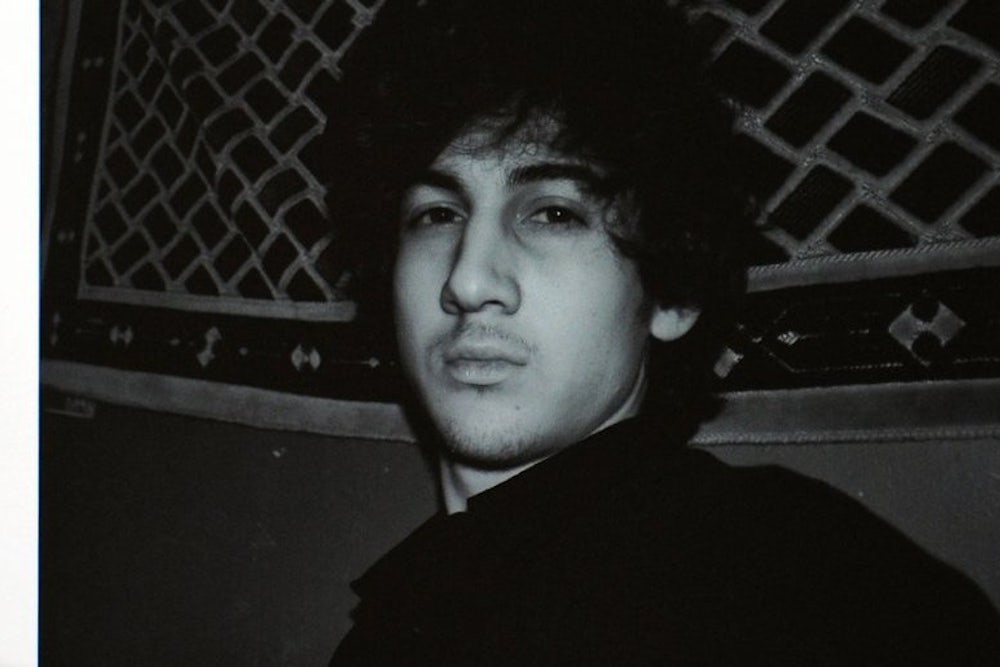Among the many strange ways1 in which the Internet fuelled the hunt for the Boston Marathon bombing suspects, perhaps none was more striking than the way in which their social media profiles have become straw men, human-like digital effigies upon which anxieties, anger, and confusion were projected. Long after either Tamarlan or Dzhokhar Tsarnaev last logged in, their abandoned profiles have turned into buzzing public sounding boards for their crimes, eclipsing the brothers who created them.
It all started much simpler, of course. As soon as the suspects’ names were announced, people began searching for them on social media networks. This makes sense: There was a portrait to be sketched. Journalists vetted the validity of older brother Tamerlan Tsarnaev’s YouTube account and Amazon wishlist, speculating about what it would mean if these pages were confirmed. They pored over the “life values” (career and money) and “worldview” (Islam) listed on younger brother Dzhokhar’s Vkontakte page (Eastern Europe’s Facebook knock-off), mining every post and preference for insight.
But what makes less sense—at least at first blush—is the eagerness with which Internet observers immediately started interacting with the suspects’ online profiles. By the time authorities arrested Dzhokhar on Friday night, his Twitter profile had jumped from 120 followers to 49,326, and his last tweet (“I’m a stress free kind of guy”) had been retweeted more than 2,500 times. At the very moment he was driving off in an ambulance, someone replied: “Really? How about now?” By the end of the day on Saturday, Dzhokhar’s 49,000-plus followers had grown to 86,000, and as Konstantin Vengerowsky and Mary Nahorniak reported at USA Today, the following, commenting, and connecting to the Tsarnaev brothers’ online presence did not slow. In fact, they continue to grow: Dzhokhar’s Vkontakte is a staging ground for political vitriol, ethnic tensions, and conspiracy theories about the Russian government.2 Facebook has remained on alert for bogus profiles, which popped up as soon as the hunt began. Before the earliest fake account was debunked, it filled with pro-America comments and shame-on-you’s.
Clearly, the Internet is not just searching for clues. On every site, the underlying question is deeper than figuring out their likes and dislikes—after all, there’s no point of asking an abandoned profile “Why?” Or, as a YouTube commenter inquired: “What did you think you would actually accomplish with this?" Though phrased as concrete questions, these comments are more about confusion. After they have been scanned and analyzed, social media profiles, and the platforms they provide, fill an emotional, not informational, void. Perhaps this obsessive poring over of social media profiles is the 2013 equivalent of hissing at a convict in the stockades. Or maybe it is like writing on a chunk of the Berlin Wall, a tangible remnant of suffering. On its most basic level, however, I suspect it is also a collective, exasperated: “Look, he was just here!” We will probably never know the all details of what happened in Boston, but the digital world is doing its best to fill the empty spaces with noise of its own.
Think: the Reddit manhunt, police scanner controversies, an Instagram statement from the Chechen President.
Among the less incendiary examples: “Это руские взорвали Бостон,” or, “It was Russians that bombed Boston."
